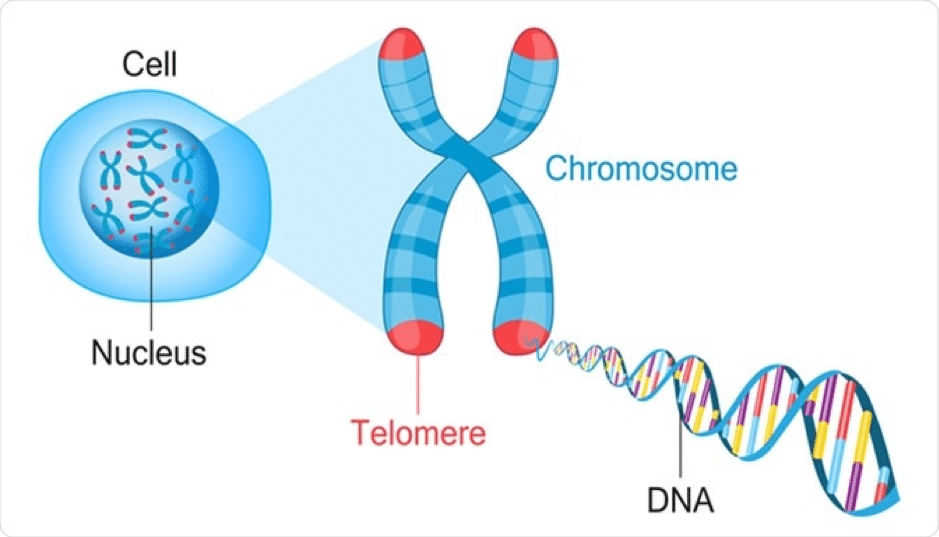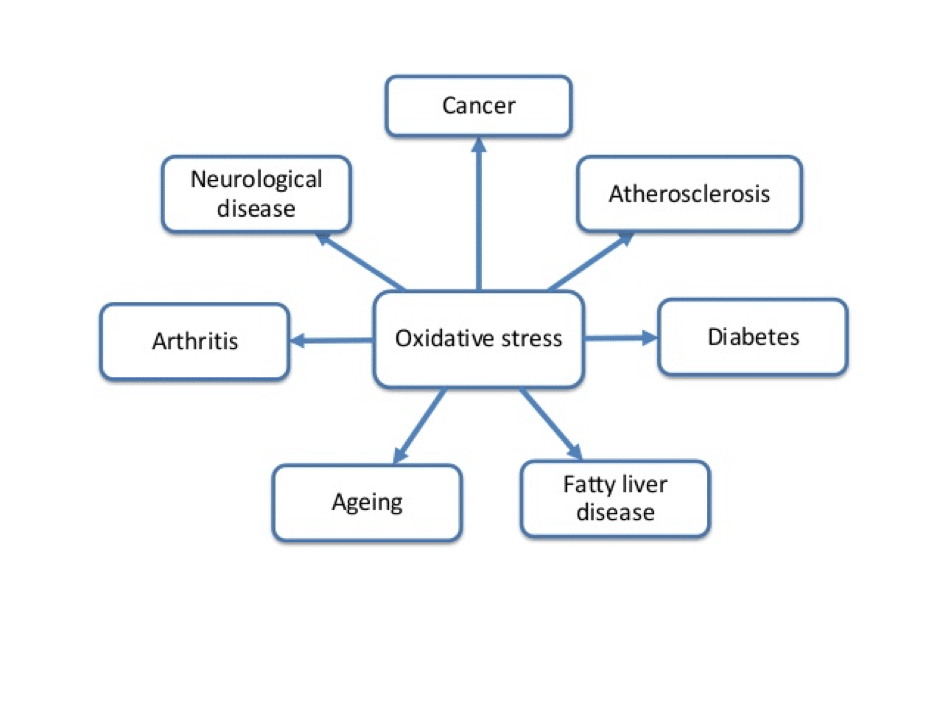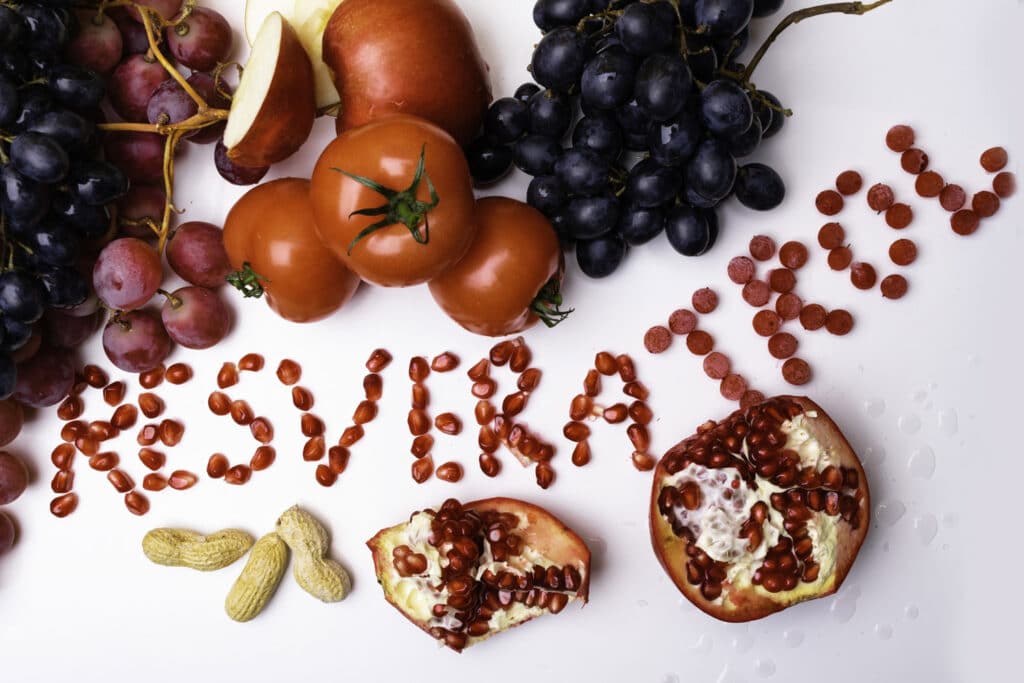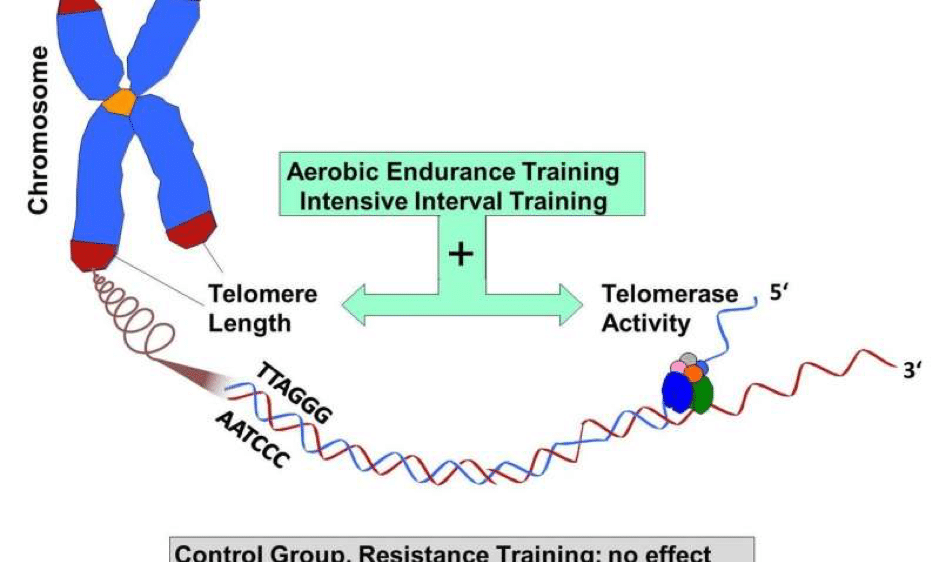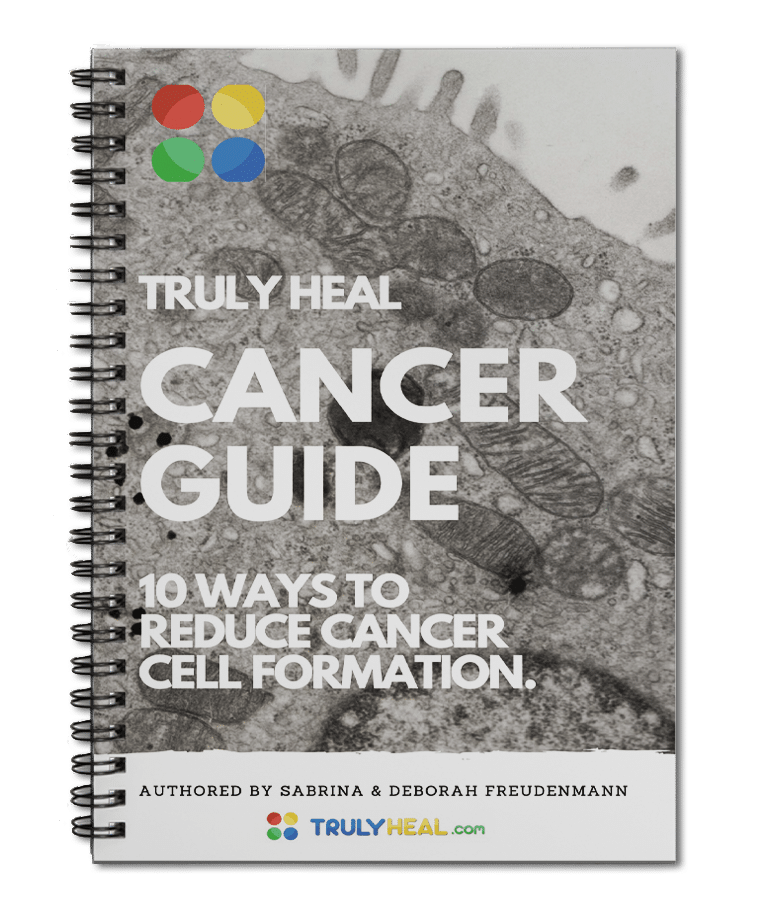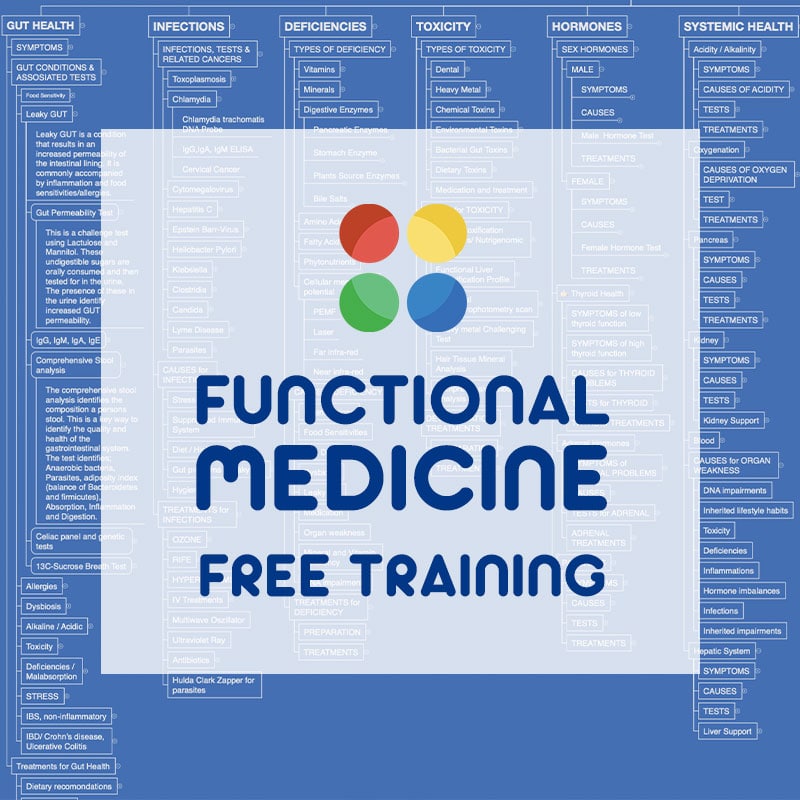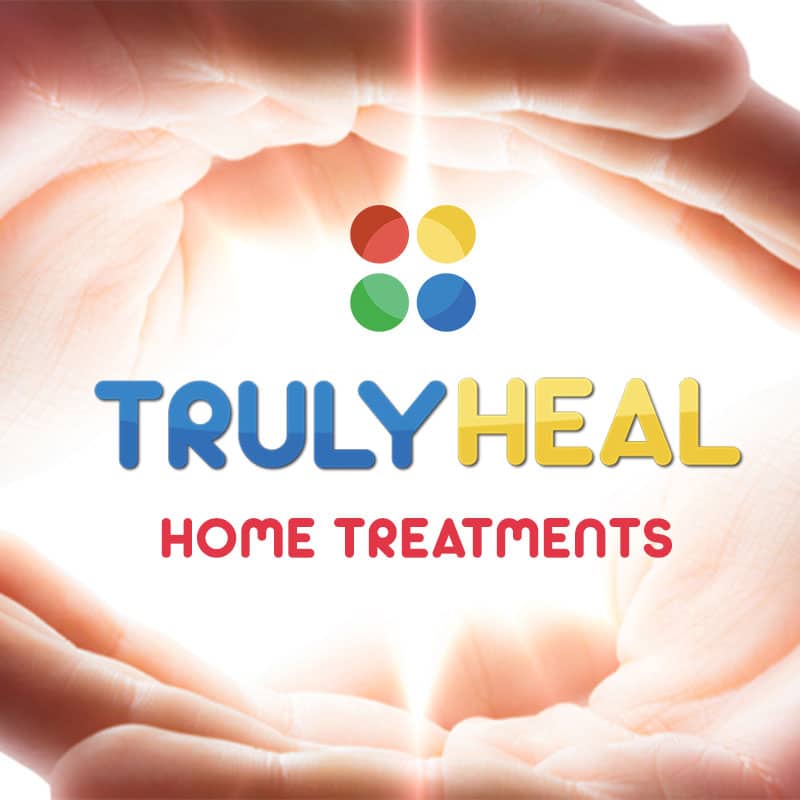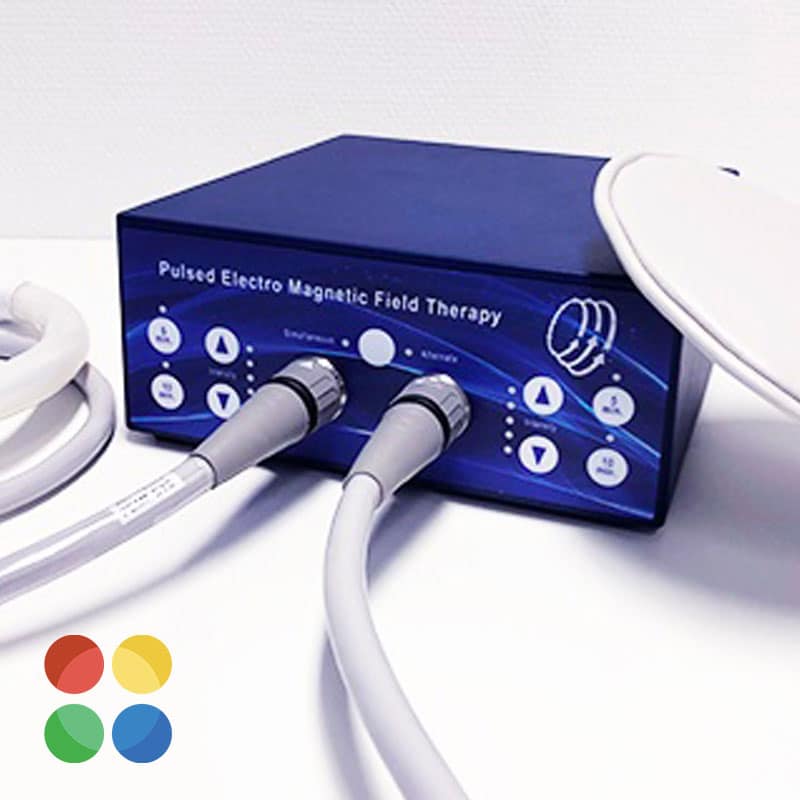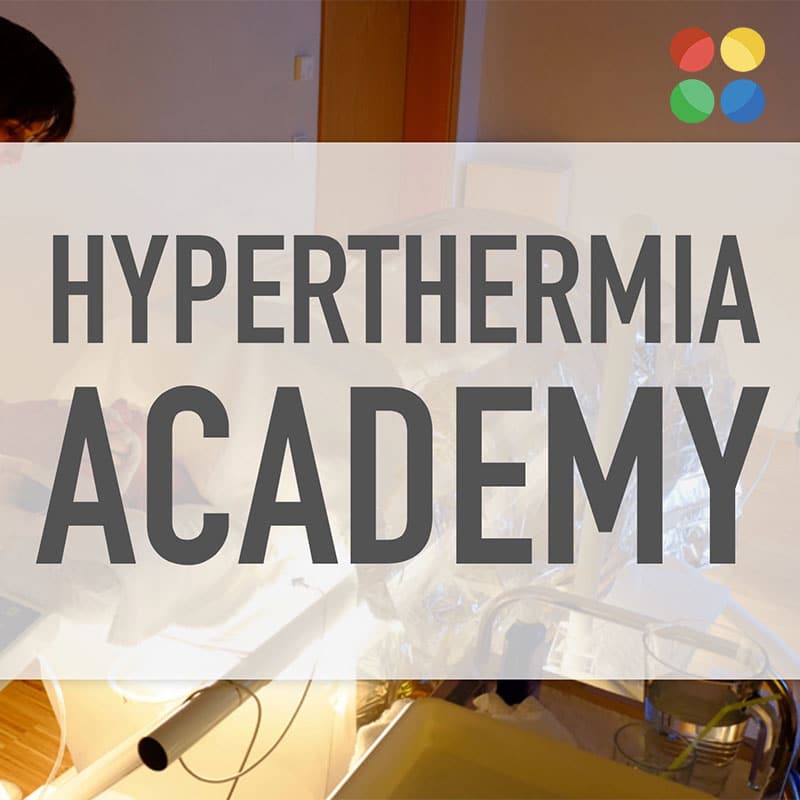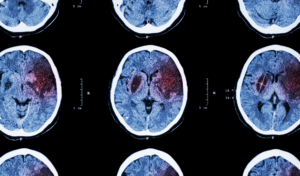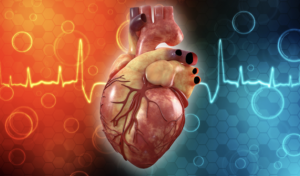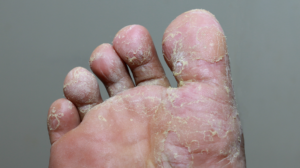References:
Effros, R. B., & Valenzuela, H. F. (2013). Functional Assessment of Pharmacological Telomerase Activators in Human T Cells, 57–66. https://doi.org/10.3390/cells2010057
Shin, D., Shin, J., & Lee, K. W. (2019). Effects of Inflammation and Depression on Telomere Length in Young Adults in the United States.
Passos, F., Oakley, F., Correia-melo, C., Greaves, L., Jurk, D., Wilson, C., … Zglinicki, T. Von. (2014). Chronic inflammation induces telomere dysfunction and accelerates ageing in mice, (May). https://doi.org/10.1038/ncomms5172
Ayse Gul Mutlu. (n.d.). Telomerase Inhibitors and Activators: Pharmaceutical Importance. https://doi.org/http://dx.doi.org/10.5772/65933
Investigation, O. (2015). The Association Between Physical Activity in Leisure Time and Leukocyte Telomere Length, 168(2), 154–158.
Richards, J. B., Valdes, A. M., Gardner, J. P., Paximadas, D., Kimura, M., Nessa, A., … Aviv, A. (2007). Higher serum vitamin D concentrations are associated with longer leukocyte telomere length in women 1 – 3, 1420–1425.
Blackburn, E. (2011). NIH Public Access, (415), 34–53. https://doi.org/10.1111/j.1749-6632.2009.04414.x.Can
Diseases, I., Kordinas, V., Ioannidis, A., & Chatzipanagiotou, S. (n.d.). The Telomere / Telomerase System in Chronic. https://doi.org/10.3390/genes7090060


